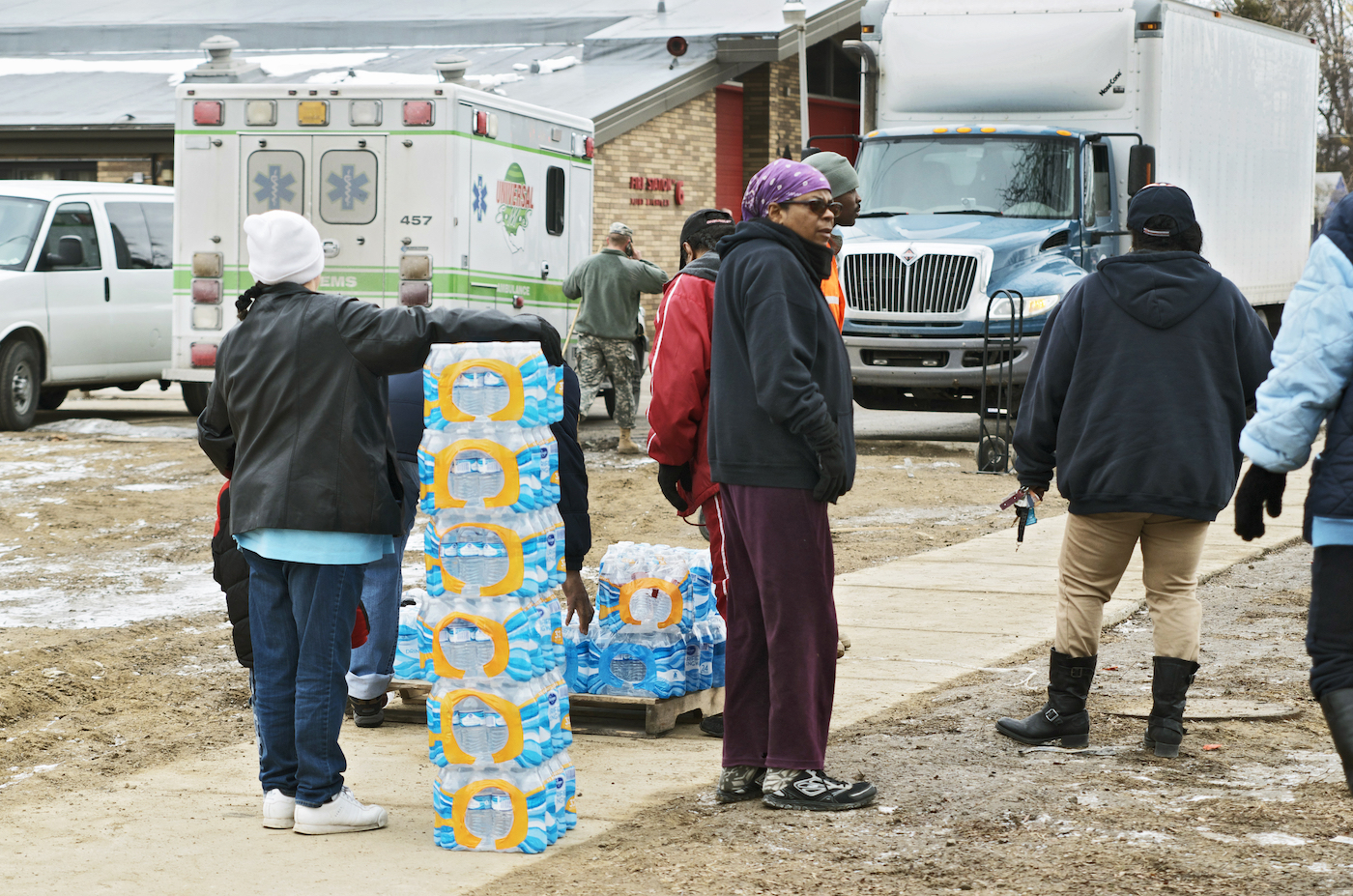10 Years Later, Flint’s Water Crisis Still Isn’t Over
12:01 minutes

In 2014, city officials in Flint, Michigan, switched their water source to the Flint River, a move that was projected to save the city $5 million. Instead, the water corroded the city’s lead pipes, which led to multiple negative health impacts for local residents, including lead poisoning, and a Legionnaires’ disease outbreak that resulted in a dozen deaths.
Now, almost 30,000 homes and businesses have had their water lines replaced, but 1,900 others have still not been reviewed. The city says they’ve reached out to owners of these properties with no response and have not been able to move forward, but activists claim that the city hasn’t contacted them.
Guest host Arielle Duhaime-Ross is joined by Vox senior correspondent Umair Irfan to talk about this and other top science news from this week, including new Long COVID trials that are underway, regulations from the EPA that require new coal and gas plants to limit 90% of their CO2 emissions, and a positive software update for Voyager 1.
Umair Irfan is a senior correspondent at Vox, based in Washington, D.C.
The transcript of this segment is being processed. It will be available within one week after the show airs.
Dee Peterschmidt is a producer, host of the podcast Universe of Art, and composes music for Science Friday’s podcasts. Their D&D character is a clumsy bard named Chip Chap Chopman.
Arielle Duhaime-Ross is freelance science journalist, artist, podcast, and TV host based in Portland, OR.